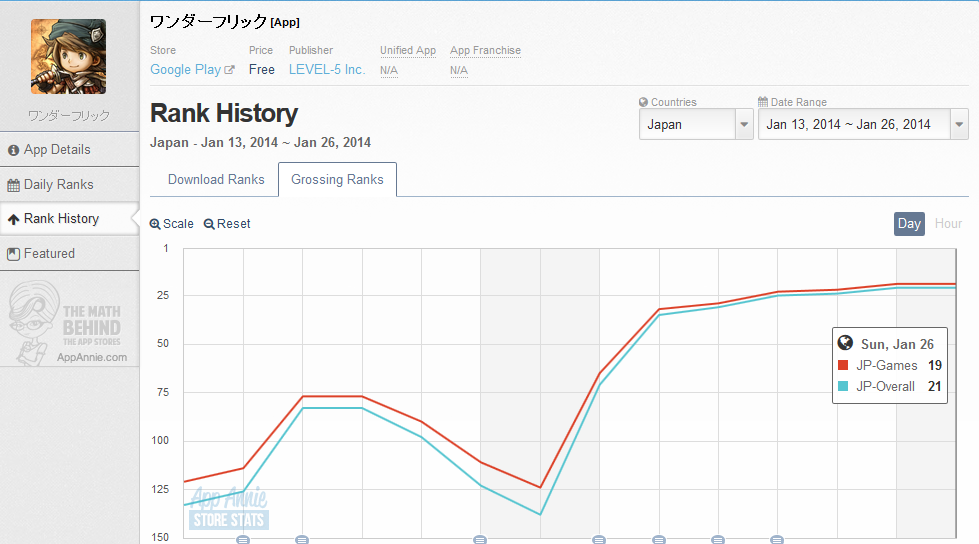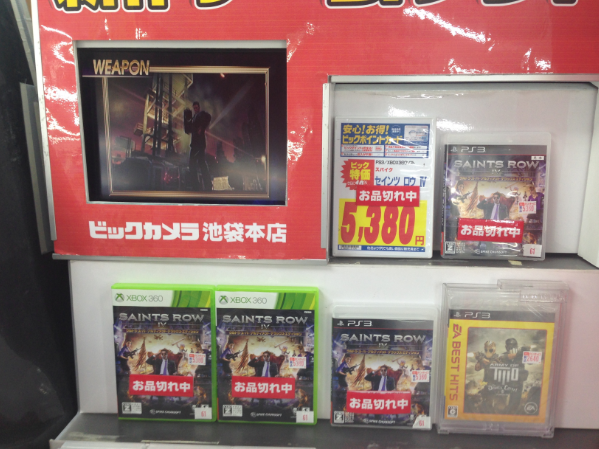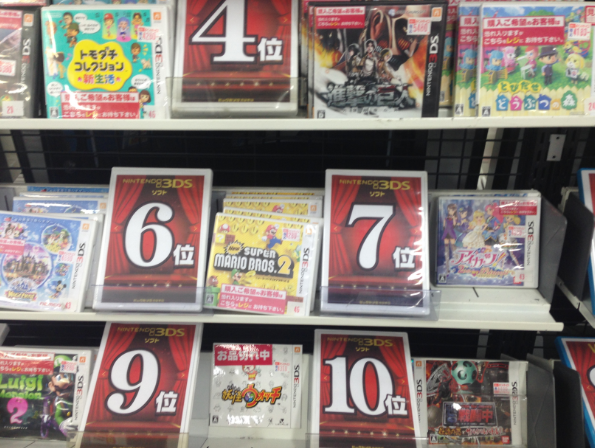Exactly. If a platform holder is involved as publisher, it's a 1st party game developed by a 3rd party. I think 2nd party started as a term to describe 3rd parties with supposedly exclusive relationships like Rare or Camelot. Somewhere along the way it just became whatever.
I feel the distinction is useful in that in a second party situation (an independent/third party studio making a game published by a first party), since the developer isn't owned by the console vendor, they can decide to leave and no longer make games for system.
For example, Epic got a $330 million investment from Tencent, meaning they have the ability to self publish and now Microsoft doesn't have anyone to make Gears of War games, even if they had owned the IP.
When Rare sold out to Microsoft, that meant that Nintendo didn't have a Donkey Kong development team for years and eventually ended up cannibalizing the people who brought back Metroid in order to get more titles in the series.
Naughty Dog or Retro on the other hand can't just decide they want a bigger audience and trot off to EA or Activision to publish their games from now on. They can attempt to have the entire studio's staff leave, but that's something that can cause a long term disruption like how long it took for Respawn to get back on track after they left Activision or how Armature never really recovered from the split with Nintendo.




